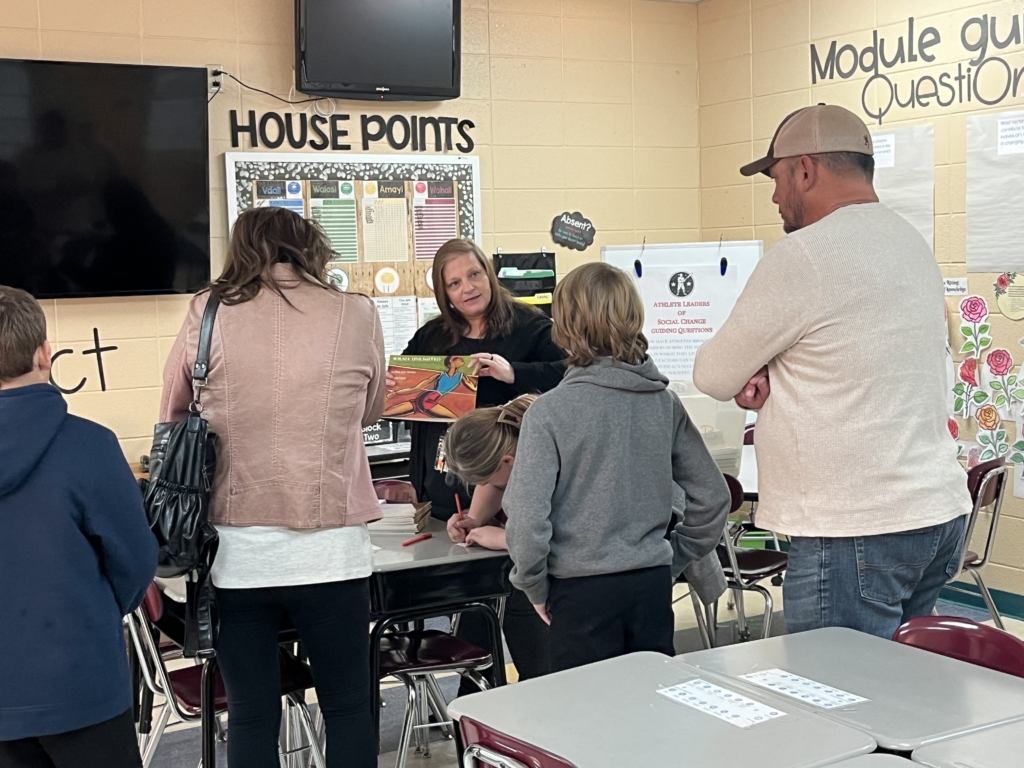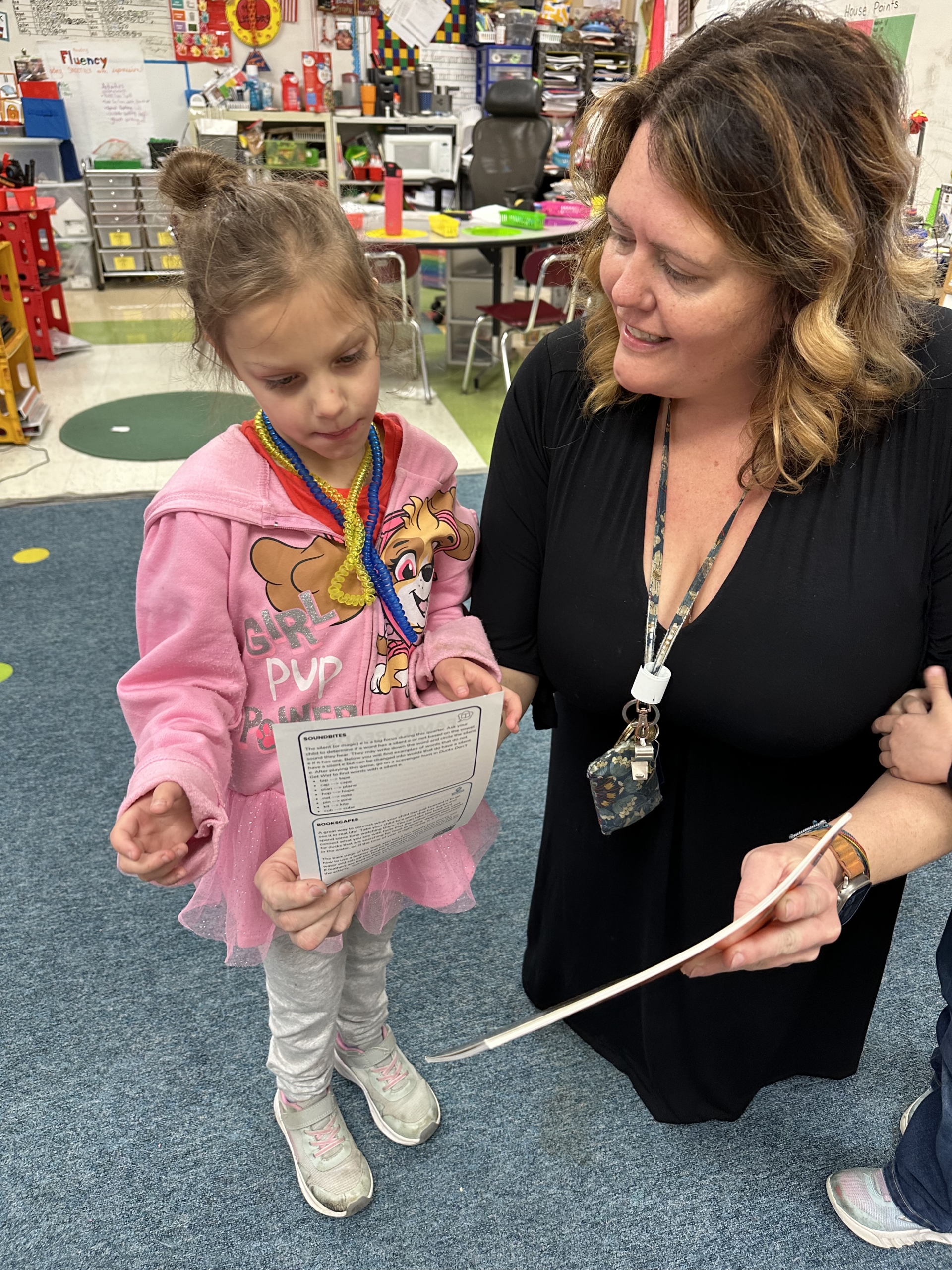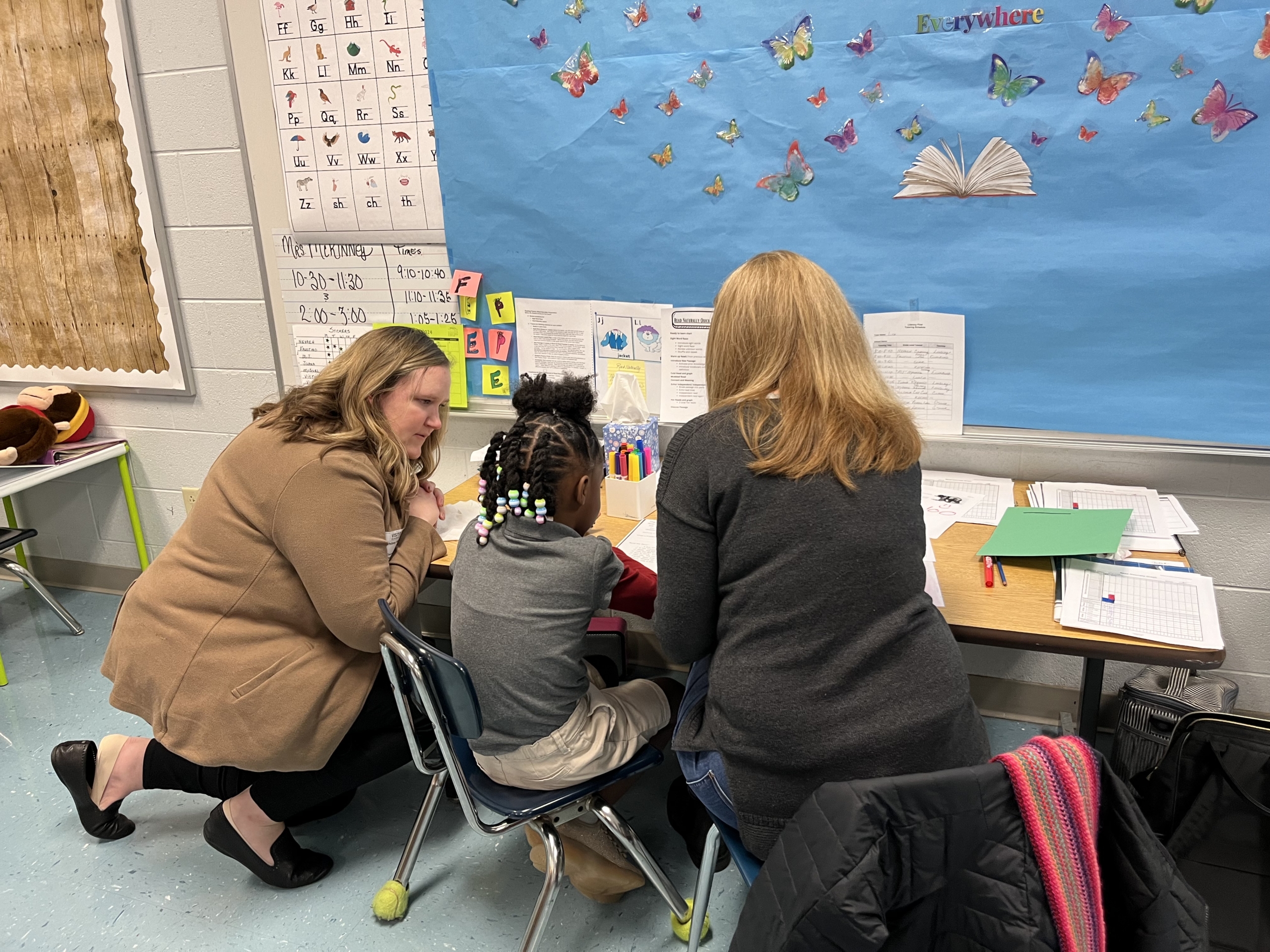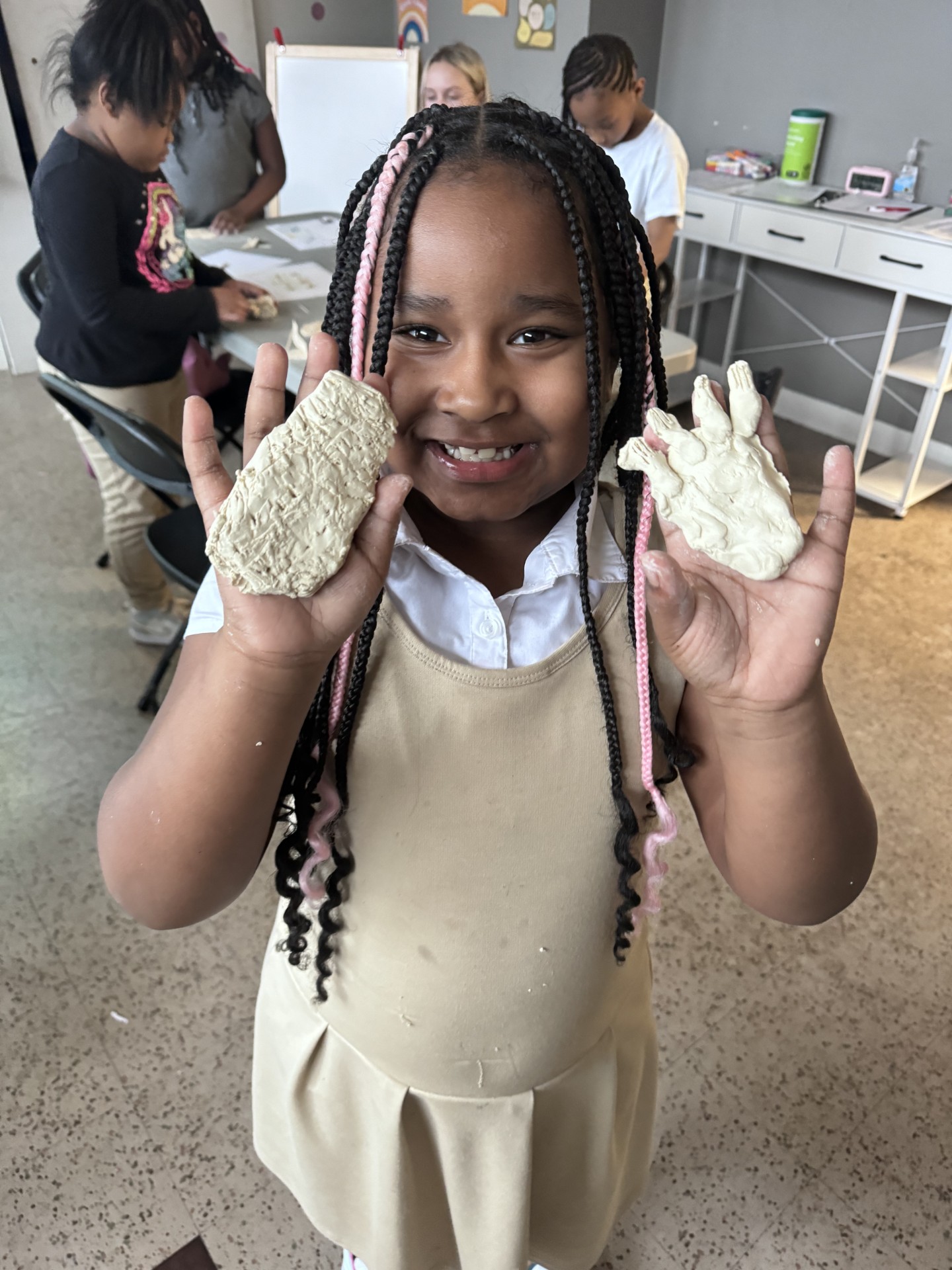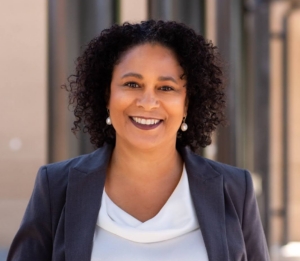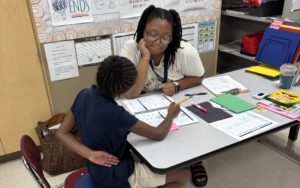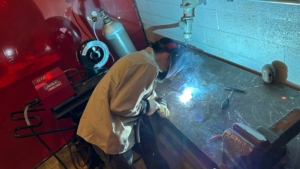By Brandon Hubbard-Heitz, Director of Literacy and Student Strategy, and Rachel Kramer, Director of Data Strategy and Impact
Literacy is the foundation on which life skills are built, and the key to unlocking success in school and beyond. Maintaining grade-level literacy skills at an early age significantly impacts graduation rates, further education, and future earnings. Literacy also has a significant bearing on the local economy. Low adult literacy rates cost Hamilton County tens of millions of dollars annually in lost earnings, taxes, and gross regional product. At the same time, adult illiteracy hinders the formation of dozens of new businesses and thousands of new jobs in Hamilton County each year.
Efforts to improve literacy have a far greater return on investment when the focus is on children rather than adults. Unfortunately, in Hamilton County schools, last year only 40.4% of students in grades 3-5 met or exceeded literacy standards on the state assessment. Chattanooga 2.0 is working to change that by scaling strategies that lead to literacy success and a thriving and inclusive economy in Hamilton County.
REVOLUTIONIZING LITERACY IN HAMILTON COUNTY
Addressing literacy challenges requires a community-wide effort. Chattanooga 2.0 is leading the charge to build a robust and aligned system of literacy supports that begin at birth and reach children at home, in school, and across the community. We aim to ensure 70% of Hamilton County’s 3rd-5th graders achieve grade-level literacy by 2030. Through innovative programs like Family Reads and the Literacy First tutoring model, we are making progress toward this goal. Last year, we implemented five major literacy initiatives with a strong focus on program evaluation, utilizing both quantitative and qualitative data. By analyzing this data collected, we were able to assess the effectiveness of our programs, identify the most impactful strategies, and refine our approach moving forward. Here’s what we’ve learned:
PROGRAMS WE ARE SCALING
Family Reads:
Bridging home and school learning, Family Reads is transforming how literacy education extends beyond the classroom. At Soddy Elementary, students in grades K-5 received a new book each quarter aligned to the knowledge and skills they were learning in school. The books were paired with engaging activity sheets to equip parents and caregivers with knowledge and tools to support literacy at home.
Since the program’s launch last October, a remarkable 81% of parents have reported more meaningful conversations about their children’s learning, while 92% have seen a significant boost in their kids’ enthusiasm for reading. By fostering a vibrant, literacy-rich environment at home, Family Reads is not only strengthening reading skills but also deepening the connection between families and schools, making learning a shared, community-driven experience. As a result of Family Reads’ success, we are not only continuing to support students at Soddy Elementary School but have also scaled the program to Calvin Donaldson, East Lake, and Woodmore Elementary Schools.
Literacy First Tutoring Model:
Chattanooga 2.0 piloted the Literacy First tutoring model at East Side Elementary School during the 2023-2024 school year. Students in this high-impact tutoring program receive 30 minutes of daily, one-on-one tutoring focused on phonics and other foundational literacy skills. Literacy First tutors receive weekly coaching to ensure they provide students with effective instruction, which led to great success in year one.
Throughout the academic year, East Side students receiving Literacy First tutoring achieved significantly higher growth in literacy compared to their peers on their reading screeners. Nearly 50% of tutored students met their annual growth goals, which is double the success rate of their non-tutored counterparts. The program’s personalized approach and consistent progress monitoring have been key to building students’ confidence and literacy skills, particularly in phonics. As a result of Literacy First’s success, the program has now been scaled to 12 elementary schools in Hamilton County and will impact at least 500 children this year.
Out-of-School Time (OST) K-2 Literacy Toolkit:
The OST K-2 Literacy Toolkit is designed to “right size” literacy supports for afterschool programs. The toolkit features texts for read alouds, foundational literacy protocols, and hands-on lab activities that were directly curated from Hamilton County Schools’ elementary literacy curriculum. All of these tools were re-packaged specifically for the OST setting and paired with training and coaching for OST staff so they can help students connect reading to the real world.
Focusing on making learning engaging and accessible, the toolkit ensures students continue to develop their reading skills in fun, meaningful ways after the school day ends. Feedback from local OST providers has been overwhelmingly positive, with reports of students showing greater excitement and enthusiasm as they recognize the connection between their afterschool activities and classroom learning. After a successful pilot in the spring with two OST providers, the program is now being scaled to four providers this year.
PROGRAMS THAT DIDN’T MAKE THE CUT
Tactical Literacy Team:
The primary goal of the Chattanooga 2.0 Tactical Literacy Team was to provide in-person reading intervention to elementary students with significant reading challenges. Tactical Literacy Team members worked closely with school personnel to identify students in need of intensive reading intervention and develop customized intervention programs.
Although students who received the intervention showed improvement in comprehension, the comparison group demonstrated larger gains in foundational literacy skills development. This suggests that the Tactical Literacy Team was not as effective as we hoped in helping students achieve substantial progress. Taken with the high cost of hiring full-time interventionists, we’ve decided this intervention should not continue in this form.
Reading Futures Virtual Intervention:
The Reading Futures model focused on supporting students with significant reading challenges. An interventionist, employed by Reading Futures, worked virtually with three 5th-grade students at Hardy Elementary School. In addition to her four weekly sessions with students on her caseload, the interventionist provided weekly reports to homeroom teachers and activities for students to complete at home with their families.
While this strategy offered school leaders the opportunity to provide literacy support beyond their typical staffing capacity to students with significant reading challenges, the results from the pilot did not suggest that the intervention’s effectiveness exceeded existing supports. While Reading Futures students saw significant improvements in their comprehension, the model did not close the gaps in their foundational literacy skills and therefore we’ve decided this intervention should not continue in this form.
THE PATH FORWARD
In all of our strategies, we make informed decisions using data to ensure we are putting our resources toward scalable and sustainable initiatives that will have the greatest impact. Although collapsing the Tactical Literacy Team and the Reading Futures Virtual Model was difficult, it has instilled confidence with funders and partners for future initiatives!
The initiatives we’ve chosen to scale—Family Reads, Literacy First tutoring model, and the OST K-2 Literacy Toolkit—represent just the beginning of our journey toward improved literacy. Our goal of 70% literacy proficiency by 2030 will only be possible if our entire community comes together. Learn more about our initiatives and how you can play a role in this important work by visiting https://chatt2.org/literacy/.
Together, we can create a brighter, more literate future for all.


